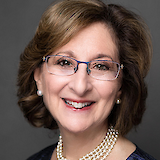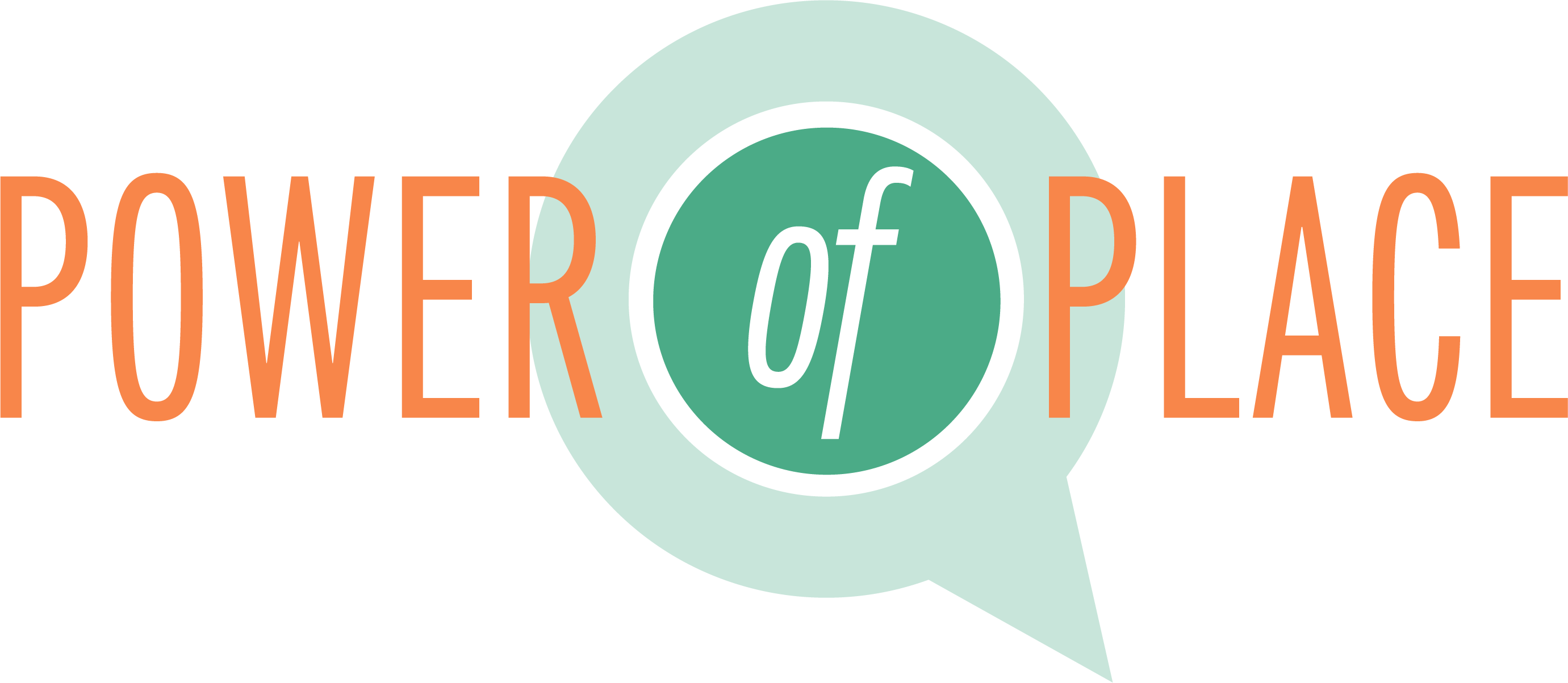September 26, 2024 Read Time:
Connectingadult learningLeading
In my faith tradition, asking questions is not only acceptable – it is highly encouraged. This is modeled in sacred texts and even at holiday celebrations. Passover, one of my favorite holidays, is centered around a set of four questions that the youngest child at the table asks, which sets the scene for the adults to answer.

For me, asking questions has been a way of life since childhood; I was always the one asking “why” at the dinner table.
It's no surprise that my first career was in journalism, where asking questions is a way of life. For years, I enjoyed asking people – mostly people I had never met before – questions that helped me shape a narrative to help others make sense of an issue or a situation.
A different style of questioning is needed when leading a team. Education entrepreneur, author, and friend Jeff Wetzler, warns that those with positional authority can sometimes miss the goldmine of insights, perspectives, and ideas of the people around them because they do not know how to ask the right questions in the right ways. This can prompt team members and staff to withhold their concerns and frustrations, beliefs, or most creative ideas. They may worry about consequences, or that their ideas will fall on deaf or dis-interested ears.
How can leaders (and anybody, really) tap into what others really think and feel but keep to themselves?
In his new book “Ask: Tap into the Hidden Wisdom of People Around You For Unexpected Breakthroughs in Leadership and Life,” Wetzler offers a powerful 5-step framework to prompt deep, meaningful, and honest dialogue.
- Choose Curiosity: How can you awaken your curiosity to make new discoveries and unexpected connections?
- Make It Safe: How do you make it easier for people to tell you hard things?
- Pose Quality Questions: What questions will best tap into the wisdom of anyone you ask?
- Listen to Learn: How can you hear what someone is really trying to tell you?
- Reflect and Reconnect: How do you turn talk into action?
This framework has already had an impact on me. Recently I have shifted from the usual “What do you think?” to ask “What is your reaction?” Try it out - it works like a charm.
Intrigued? Join us at the ECLC Fall Gathering on November 5 to learn more from Wetzler himself. He will be leading a workshop on some of the strategies outlined in his new book, and will participate in a fireside chat with our keynote speaker, journalist and author Amanda Ripley. More about Ripley, her colleague Hélène Biandudi Hofer, and their organization Good Conflict, in a future newsletter.
We hope to see you at the Fall Gathering! Register today - seats are going fast.

